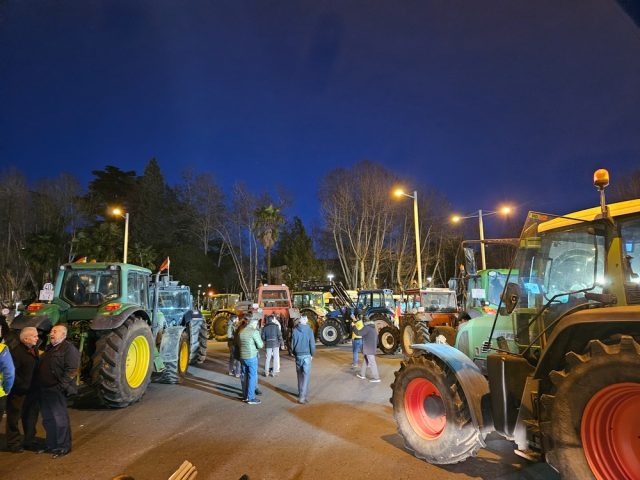
MERCOSUR has long been an evolving initiative aimed at creating a shared economic space to promote trade and investment opportunities. Its stated goal is to integrate national economies into the global market in a competitive and mutually beneficial manner—at least, this is the vision put forward by the institution itself.
In 2019, after over two decades of negotiations, the European Union and MERCOSUR reached a preliminary agreement for a future partnership, encompassing 94% of Latin America’s Gross Domestic Product. The agreement seeks to establish one of the largest free trade areas in the world, covering 750 million people and accounting for approximately one-fifth of the global economy.
However, with agriculture—a cornerstone of the European economy—at stake, a clear divide has emerged between policymakers and producers. Farmers and ranchers have generally supported the idea of forging trade agreements with strategically important countries, but they argue that this specific deal is problematic. In practice, agricultural workers and producers have resisted the agreement, which, more than five years after its signing at the G20 Summit in Rio de Janeiro, appears to have been revived.
Some Member States, such as France and Germany, have expressed reservations through government channels, reflecting the concerns of their national agricultural sectors. Protests by French farmers, for instance, have drawn attention to the perceived risks of the deal. In contrast, Spain, led by its Minister of Agriculture, Fisheries and Food, Luis Planas, seems eager to see the agreement implemented as soon as possible.
This enthusiasm has not been well received by Spanish farmers and ranchers, who argue that their sector’s contributions and recommendations have been ignored throughout the negotiation process. Producer associations in Spain warn that the reduction of tariffs and the importation of goods under the proposed conditions could have devastating consequences for the sector.
While trade agreements can strengthen the European Union’s global standing against economic giants like China and the United States, farming associations believe this is coming at the expense of their sector’s competitiveness.
Spanish producers are already familiar with the challenges of unfair competition. They have faced significant disadvantages from North African exporters, whose products are subject to far lower sanitary standards than those required of EU farmers.
Despite this disparity, the European Union has shown a troubling passivity in addressing these issues. Now, Spanish farmers argue they face another potential blow as policies from their own agriculture minister and EU counterparts once again place the primary sector in jeopardy.
Farmers contend that products imported under the agreement will be subject to less stringent quality controls than those imposed on domestic production.
This so-called double standard risks undermining local industries and could lead to an overall decline in quality standards. Furthermore, there is widespread concern that imported products could saturate the market, pushing out higher-quality local goods that are more expensive due to stricter regulatory requirements. Meanwhile, European farmers, particularly small and medium-sized producers, continue to grapple with increasingly burdensome bureaucratic red tape.
While the MERCOSUR-EU agreement has the potential to deliver economic and commercial benefits by creating one of the world’s largest free trade zones, its implementation presents significant challenges for Europe’s primary sector.
Farmers argue the reduction in tariffs and the importation of goods with lower quality standards threaten to destabilise local production, leaving farmers vulnerable to unfair competition.
Despite these risks, Spain appears determined to push the agreement forward. If implemented in its current form, the deal could exacerbate the struggles faced by Spanish farmers, who are already burdened by bureaucratic inefficiencies and discriminatory policies. For the agreement to succeed without compromising the agricultural sector, EU policymakers must address these concerns and ensure a fair balance between global trade ambitions and the protection of local industries.



 Subscribe
Subscribe